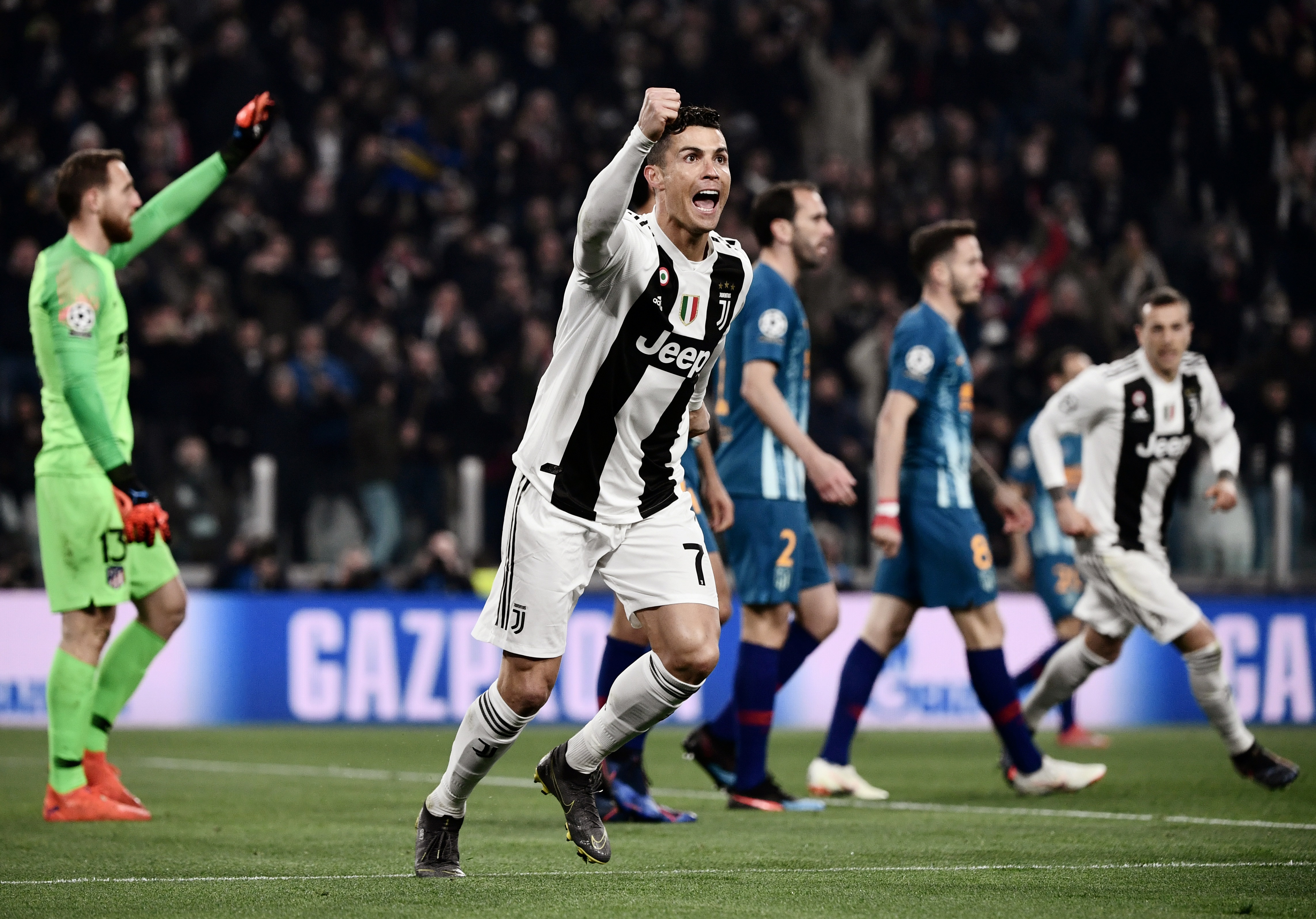Yohan Cabaye: My passing masterclass
The Crystal Palace playmaker on passing, the French production line and his admiration for Steven Gerrard
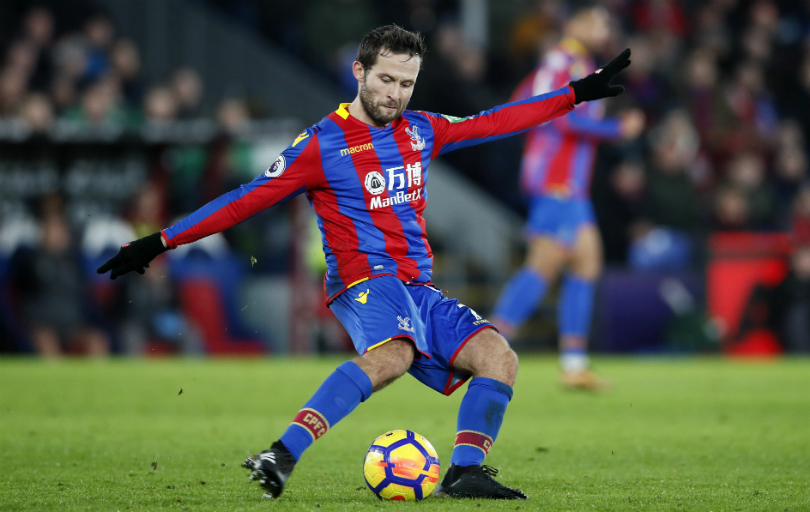
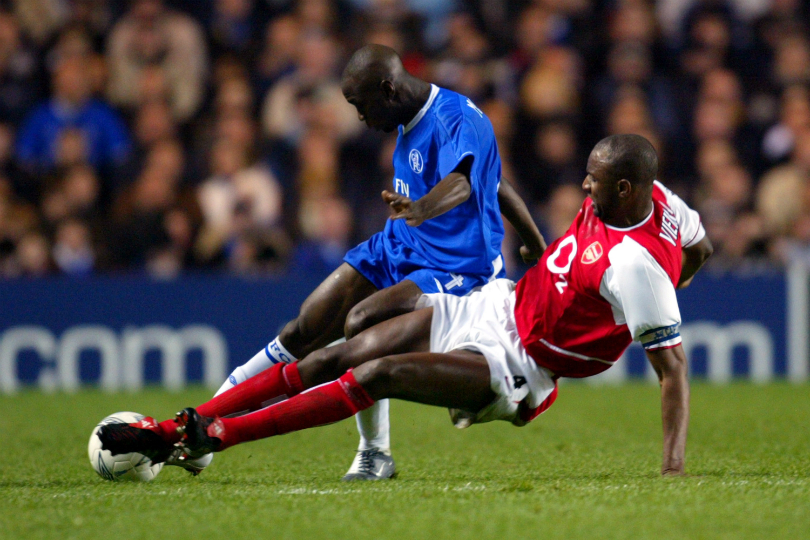
Which midfielders did you admire when you were younger?
I used to love watching Patrick Vieira and Claude Makelele play for France. They were amazing together in midfield, they controlled everything. I remember the 2006 World Cup in Germany - they were fantastic in helping France reach the final. It’s very rare that a country produces two great midfielders in the same generation, but France did and they complemented each other really well.
France have a wealth of midfield talent – how do they finding so many top midfielders?
It’s very hard to say. We have fantastic strikers and wingers as well. In general, the French academy system is of a such a high standard. It’s very, very tough being a young player at a club in France, but I mean that in a good way. There are so many talented players, which means the competition is very difficult. But that forces you to raise your game, otherwise you won’t make it.
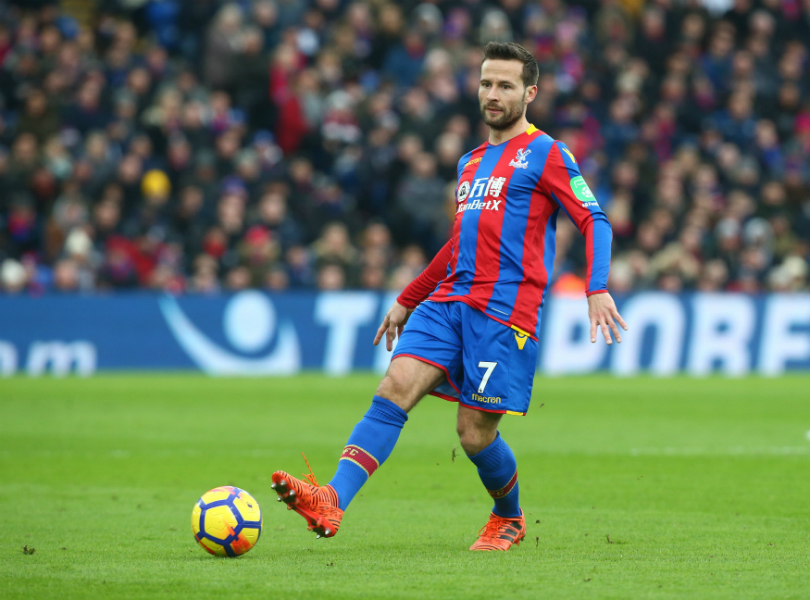
Passing is your biggest strength – were you always a naturally gifted passer?
For me, passing the ball is the most important part of the game. It’s all about taking one touch and then making the pass, with the right weight. A killer pass, which breaks the lines, can send a team-mate through on goal, which could help you to win the game. It’s a part of my game I’ve continually tried to develop over the years. I’m proud of the passer I’ve become.
Who are the best passers you’ve played against in the Premier League?
For me, the best passer I’ve played against and watched was Steven Gerrard - I loved to watch him strike the ball. I could also say many others, for example Xabi Alonso or Paul Scholes, but Gerrard is my favourite. His range of passing was fantastic – he could pick his team-mate out from 60 or 70 yards, straight to his feet.
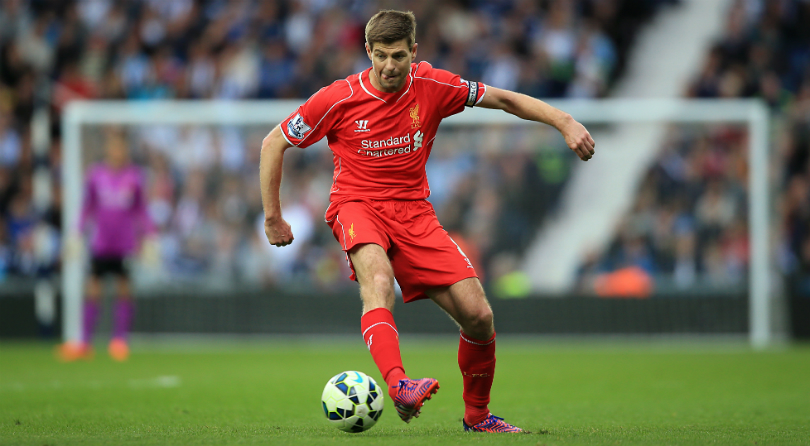
How do you control a game without having blistering pace?
All three of those players I just mentioned, weren’t particularly quick, but they were able to make up for it because of the speed of their brain. First of all, it’s s all about being in the right position to receive the ball, preferably in space, and then having the ability playing a forward pass, or a quick ball which affects the opposition. You need to start by honing your passing range every da. Once you have the technique to play a range of quality passes consistently and the intelligence to occupy the right areas to get on the ball, then you can start to run a game.
You’ve scored some great free-kicks during your career – what’s your secret?
It’s another part of my game, which I’ve tried to develop a lot since I was young. If you want to become a great free-kick taker, you have to practice every single day – that’s what I do. I find setting myself individual challenges helps me to improve – I may have 10 balls and tell myself that I want to hit the top left-hand corner with at least five of them. It keeps your brain thinking and working. I think they’re very important because they can win a match in a second. If you have a tight game and it’s difficult to score a goal in open play, then a quality free-kick is sometimes the difference. That’s why it’s important to work on individual skills, which can give you an edge.
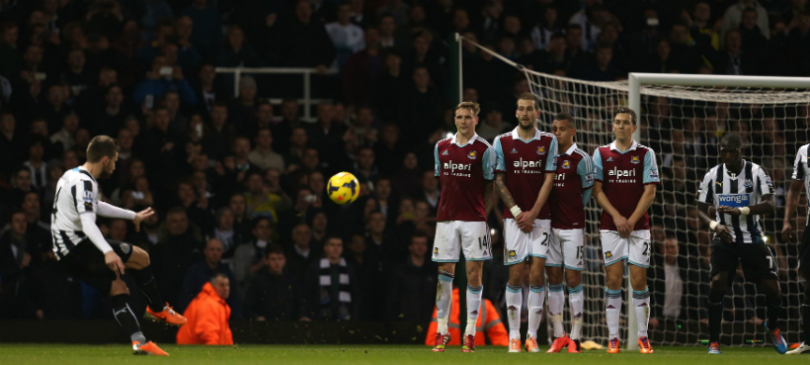
You’ve played as a defensive and an attacking midfielder – what’s the difference between the two positions?
When I’m deeper I can touch the ball more, but I also have to focus on the balance of the team. I can’t go forward and attack if there are already many men committed further up the pitch. I always have a look around me before making my decision – you have to use your brain in this role. When I’m playing as an attacking midfielder I can take more risks and make more runs into the box and try and score goals. In this role there is more responsibility to affect the game in the final third, which means attempting through balls, crosses and having shots at goal.
Get FourFourTwo Newsletter
The best features, fun and footballing quizzes, straight to your inbox every week.
Do you need good team chemistry to play passing football?
I think it’s important to be open with the other players and socialise with them so you build friendships. I think you need to speak not only to the senior players, but the players in the youth team as well. If and when they play for the first team, there will already be an established connection, so you’ll communicate better on the pitch and speak the same football language. If you know someone well, you want to fight for them on the pitch. You also then know how to speak to them to get the best out of them in certain situations.
